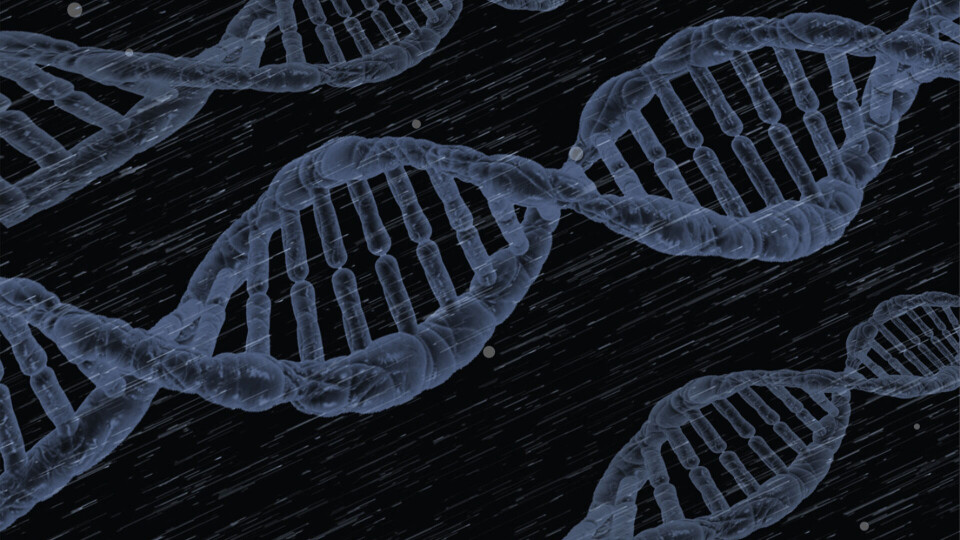
Farmed fish traceability technology applied to wild catch sector
MSD Animal Health has launched a new DNA-based analytical tool which helps governments and fishery agencies to identify the sustainable yield of wild fish stocks and more accurately identify the total allowable catch for fishermen in their region.
The DNA TraceBack Fisheries platform uses DNA traceability technology from MSD Animal Health brand IdentiGEN, which already offers TraceBack to global retailers, processors and aquaculture clients to verify the exact farm of origin of their seafood products, even when the product has been processed or cooked.
The fisheries platform has been developed in collaboration with Uppsala University, Sweden.
A range of species
MSD Animal Health said that by harnessing the precision of whole genome sequencing, the platform provides regulators with the tools they need to determine and monitor catch limits and quotas more effectively across a range of fish species including cod, herring, horse mackerel and sprat.
Catch limits help reduce the chance of overfishing, which can deplete fish populations beyond the point of recovery and endanger ocean ecosystems, jeopardising major food sources.

Thousands of markers
“Thousands of particularly informative genetic markers have been selected for each species based on recent whole genome sequencing efforts and are now represented on the DNA TraceBack Fisheries platform,” said Dr Leif Andersson, professor of functional genomics at Uppsala University.
Fish species, or stocks, are assessed to examine the effects of fishing and other factors to determine their current and future statuses and ensure they are being managed responsibly. “These extraordinary advances in DNA sequence analysis offer great potential in fisheries management when they are made widely accessible and affordable,” said Andersson.
With up to 20% of fish sold coming from illegal fishing, the platform also offers a new tool in the fight against illegal, unreported and unregulated (IUU) fishing.
Used in Irish waters
The platform is currently being used in Irish waters to assess annual herring stocks and can be used to provide a standardised platform and common data framework for other species managed under the European Union’s Common Fisheries Policy.
“Substantive progress in seafood sustainability can be achieved through this type of scientific innovation and collaboration. We are delighted to extend our activity into global marine fisheries,” said Dafydd Morris, general manager Norge, MSD Animal Health.























































